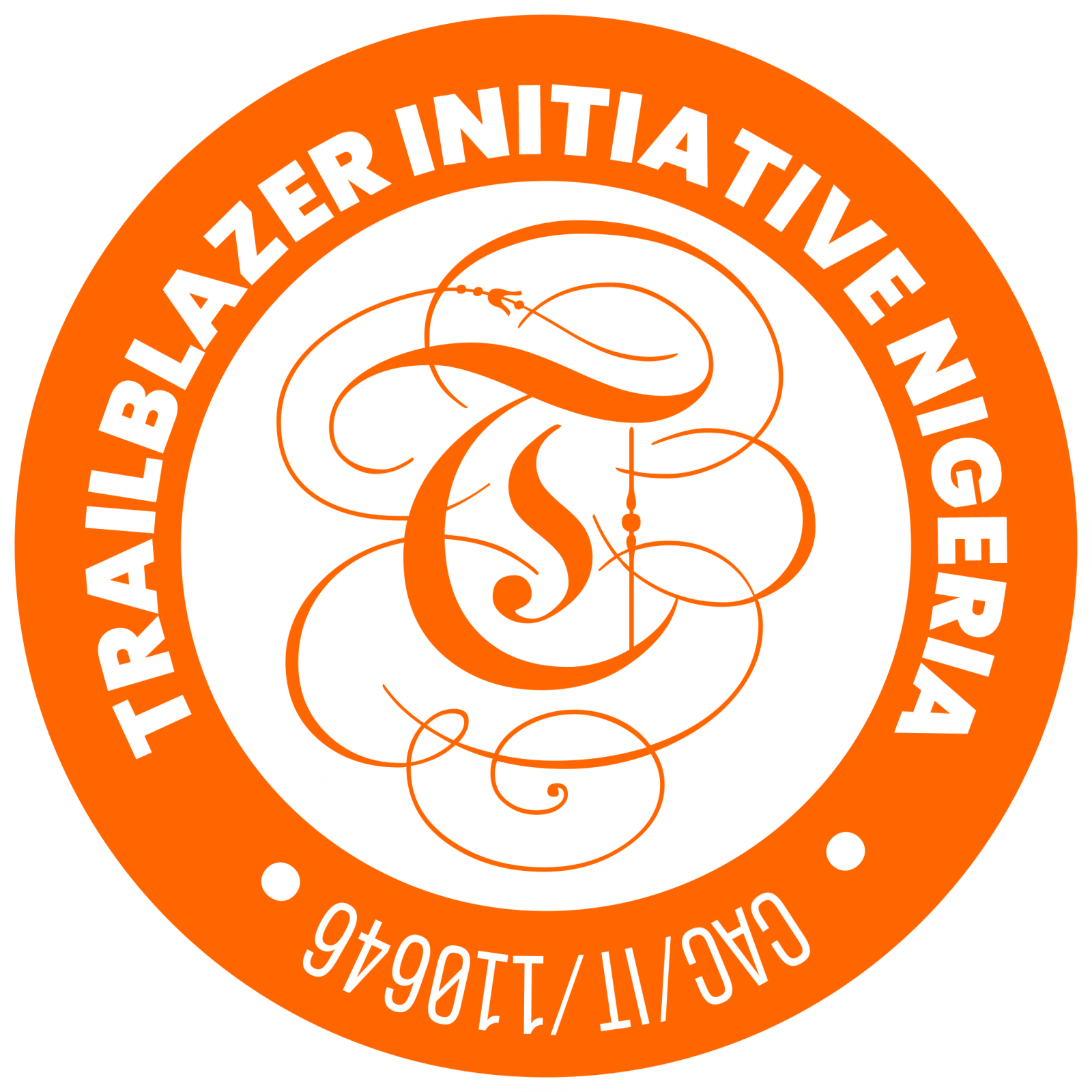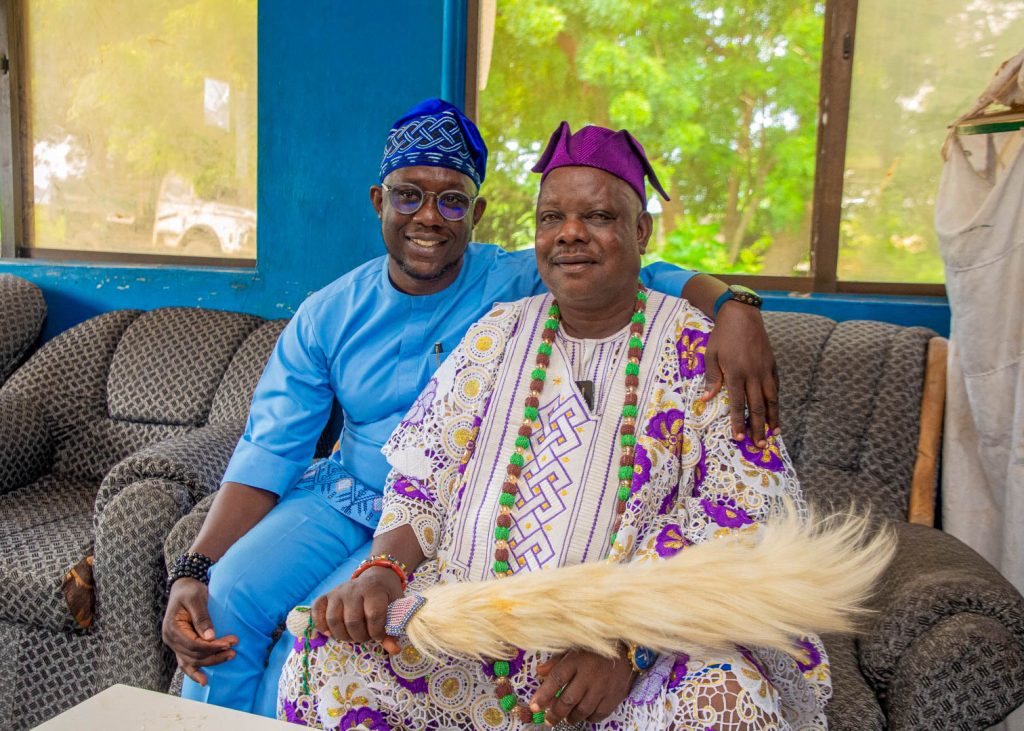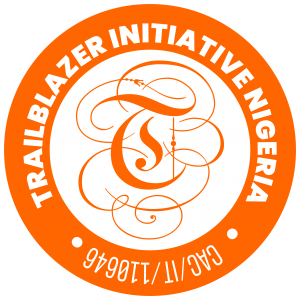In the heart of Ayete, Ibarapa and Oke-Ogun land, Oyo State, Chief Ifajimi Ojoawo Olaoniye is more than just a revered traditional figure — he is a living bridge between age-old customs and transformative change. Known as the Baare Awo of Ibarapa and Oke-Ogun, Oluwo of Ayete, Aranse Awo of Igboora, and Odofin at the Ledidito Ifa Temple, his voice carries the weight of generations.
For decades, Baare Awo was a staunch believer in Female Genital Mutilation (FGM), viewing it as an unshakable part of cultural identity. Like many elders before him, he saw the practice as a rite of passage — a tradition too sacred to question.
But everything changed when he encountered awareness programs introduced by UNICEF Nigeria and Trailblazer Initiative Nigeria. Through dialogue, education, and powerful community engagements, he began to see the hidden pain that culture had masked for generations.
“What we practiced before was out of ignorance,” he now says. “But knowledge has opened our eyes. We now understand the dangers of FGM.”
Today, Baare Awo is one of the most influential voices against FGM in his region. He leads a Task Force of traditional custodians, actively educating towns like Lalate, Igangan, and Eruwa about the health risks and human rights violations tied to FGM. Resistance still exists, but he remains undeterred.
“We now know that those still practicing FGM are not true custodians of culture,” he declares.
With unprecedented unity, religious leaders from Islamic and Christian communities have joined hands with traditionalists like Baare Awo to end FGM. He was a key stakeholder of the public declaration of abandonment of FGM in Ayete, bringing skeptics face-to-face with the truth. “Seeing is believing,” he says. “Now, even those who resisted are teaching their children that FGM must never be practiced.”
His voice, once a defender of tradition, now resonates with compassion and change. “Women are the salt of the earth,” he says. “Any society without women’s wellbeing is a society without joy.”
For Baare Awo, this mission is far from over. He calls on women to join hands with men like him — men who now advocate for the dignity, health, and rights of women and girls.
“I plead with our women,” he says, “Stand with us. Let us end FGM completely, together.”
His journey from tradition to transformation is proof that even the deepest-rooted practices can be reshaped by courage, education, and unity — and that true leadership means protecting, not harming, the next generation.










